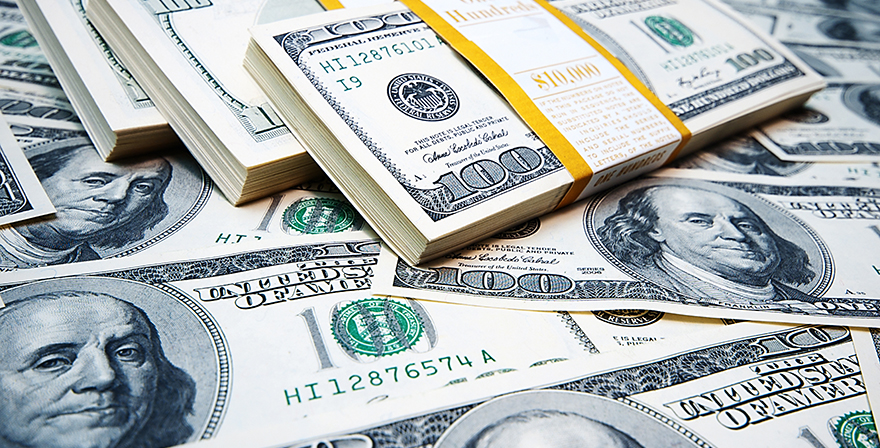 Forex trading is one of the financial investments where the investor or trader doesn’t necessarily require too much funds to begin with. Nevertheless, even though you don’t require too much cash for you to start trading, having too little in your account actually adds to the risks of forex trading. The smaller your trading capital, the bigger risk your money is at. A small account can easily be wiped clean especially when the market makes some unpredictably and unexpected movements – particularly during economic news releases.
Forex trading is one of the financial investments where the investor or trader doesn’t necessarily require too much funds to begin with. Nevertheless, even though you don’t require too much cash for you to start trading, having too little in your account actually adds to the risks of forex trading. The smaller your trading capital, the bigger risk your money is at. A small account can easily be wiped clean especially when the market makes some unpredictably and unexpected movements – particularly during economic news releases.
It is important to keep in mind that the amount of capital traders have at their disposal will greatly affect their ability to make a living from trading. In fact, capital's role in trading is so important that even a slight edge can provide great returns. This is because an edge can be exploited for large monetary gains only through large enough positions and replication (or frequency). A trader's ability to implement size and replication when conditions are right is what separates a true professional from less-skilled traders.
Any trader wants to invest a small amount and subsequently generate large amounts of profits from their forex trades. In such cases, it is seen that profits accumulate only over a period of time and many times the traders feel pressured to use high amounts of leverage to increase their profits. This means they are taking on excessive amounts of risks to generate profits. Though it is a fact that professional fund managers generate only about 20 percent as profit in a year, inexperienced traders believe that they can make more profits.
If you’re willing to grow your account slowly, then you can likely begin with as little as $500, but starting with at least a $1000 is recommended no matter what style of trading you do. As you know, you should never risk more than 1-2% of your trading account on any single trade, which is why your trading capital will determine how much money you can trade with. However, the size of your stop loss will also determine the size of your position, because whatever your trading capital is, the larger the stop loss, the more you will have to reduce your position size to make sure that you keep within the correct limits of money management.
Traders often fail to realize that even a slight edge such as averaging a one-tick profit in the forex market can mean substantial percentage returns. Most traders enter the market under capitalized, which means they take on excessive risk by not adhering to the 1% rule. Leverage can provide a trader with a way to participate in a otherwise high capital requirement market, yet the 1% rule must still be used in relation to the trader's personal capital. Profits will come as the account grows, and making a living only requires a small edge, but the account must be large enough to provide monetary returns the trader can live from.







